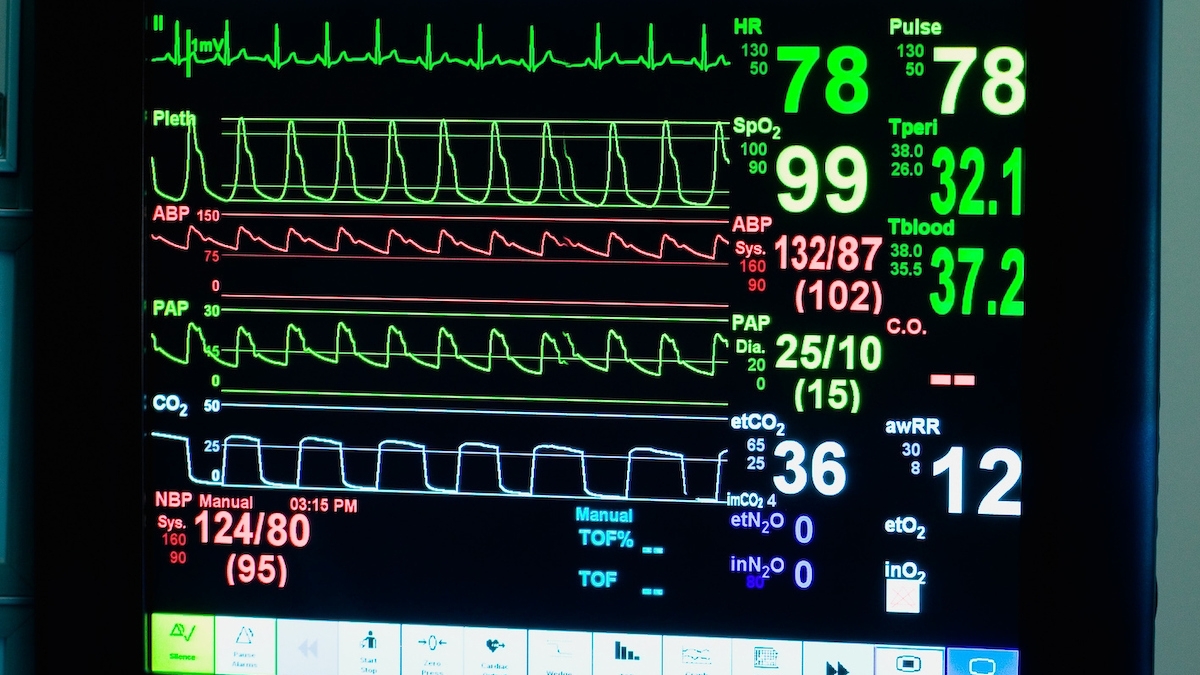Arizona State University and Creighton University have announced a new partnership that will give ASU students more options to pursue degrees in the health sciences, contributing to the growing need for health care services in Arizona.
Creighton, a private, Jesuit university in Omaha, Nebraska, is currently building a $100 million, 183,000-square foot campus at Park Central in midtown Phoenix. The Creighton University Health Sciences – Phoenix campus is scheduled to open in 2021 and will house a four-year medical school and nearly 900 students who will become future physicians, nurses, occupational therapists, physical therapists, pharmacists and physician assistants.

A rendering of the new Creighton University Health Sciences – Phoenix campus, currently under construction in midtown Phoenix and set to open in 2021.
Creighton University has been expanding its footprint in Phoenix since 2005, working with Dignity Health's St. Joseph's Hospital and Medical Center, ASU and area health care partners. Through this new partnership, ASU students will be given priority consideration for admittance to doctoral programs in pharmacy (up to 20 positions), occupational therapy (up to 30 positions) and physical therapy (up to 40 positions). Subsequently, Creighton students will have the opportunity to take part in ASU research, expanding on a collaboration between the two universities that has produced nearly a dozen projects, ranging from surgical devices to methods used for drug delivery.
“ASU is excited to collaborate with forward-thinking partners like Creighton University to enhance accessibility and success for 21st-century learners,” ASU President Michael M. Crow said. “Through this significant partnership, we are creating new knowledge opportunities for students and expanding our capacity to generate positive and meaningful health outcomes for Arizona.”
Susan Pepin, a clinical professor in the College of Health Solutions, managing director of health and clinical partnerships and senior adviser to the executive vice president, believes the partnership demonstrates how ASU — a comprehensive research university — is also becoming a virtual academic health center for Arizona.
“Our population is growing and a very large part of that population is older adults,” Pepin said. “We need to be thinking about producing and supporting the workforce to take care of the state and the increasing aging population. There is a critical need.”
Pepin states that this is a really exciting time for Phoenix — the fifth largest city in the United States — and Arizona, since we’ve grown from a state with one allopathic medical school to a state with four.
She emphasizes the Creighton/ASU partnership will expand the medical space for students, and potentially pave a path for dual degrees, as ASU strives to build upon its use-inspired research to create solutions to improve health.
Pepin said the partnership comes at a time when there are health care challenges to solve. “ASU can help be the backbone and hub to create better health for the state, while imagining what the future can be.”
More Health and medicine

10 companies, 5 nations, 1 accelerator: A wide range of innovative health care solutions
The 10 companies participating in the 2025 Mayo Clinic and ASU MedTech Accelerator program hail from five different nations and are the first cohort to have representation from life science companies…

'Incredible milestone': ASU, city of Phoenix announce location for ASU Health headquarters
Citing the need for a “new way” of doing things, Arizona State University President Michael Crow said that the headquarters for ASU Health will be the hub of the university’s efforts to improve…

Have a health question? This newsletter is for you
You sprain a knee while playing basketball. Your stomach hurts all the time. You keep getting bad headaches.What’s the first thing you do, besides making a doctor’s appointment?If you’re like most…


